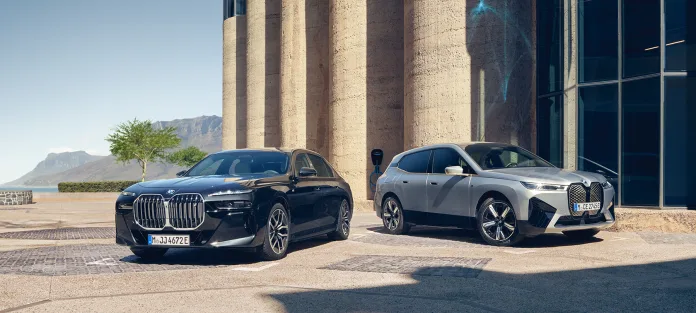In a surprising turn of events, German luxury carmaker BMW EV has reported a staggering threefold increase in its electric vehicle (EV) sales in India during the first quarter of 2025. This surge comes at a time when the broader auto industry is grappling with skepticism about EV adoption rates and a general market slowdown.
The Numbers Speak Volumes
BMW’s performance in India has been nothing short of impressive:
| Metric | Q1 2025 |
|---|---|
| Total Car Sales | 3,914 units |
| EV Sales | 646 units |
| EV Share of Total Sales | 17% |
| Year-on-Year Growth | 7% |
These figures paint a picture of resilience and strategic foresight in a challenging market landscape.
Bucking the Trend: BMW EV’s Optimism in a Skeptical Market
While industry giants like Tata Motors and Maruti Suzuki have expressed reservations about the pace of EV adoption, BMW remains bullish. Vikram Pawah, President and CEO of BMW Group India, attributes this success to a realistic approach to the EV transition.
“Many players had set some unrealistic expectations regarding transition to EVs in a short period, which is why there is some disappointment about the pace of adoption,” Pawah noted in a recent interview.
The iX1 Factor: A Game-Changer for BMW EV
The launch of the BMW EV iX1 Long Wheelbase at the global auto expo in New Delhi earlier this year has been a significant catalyst for the company’s EV sales. With over 1,500 bookings, it’s clear that the model has struck a chord with Indian consumers.
Beyond Metropolitan Markets
Interestingly, BMW is witnessing equivalent interest for electric vehicles in emerging urban centers and the top 10 cities. This trend suggests a broader acceptance of EVs beyond just the metropolitan hubs, potentially opening up new markets for growth.
Navigating Global Uncertainties
The auto industry faces additional challenges with U.S. President Donald Trump’s proposed 25% tariff on imported automobiles and auto parts. However, BMW EV’s strong domestic performance may provide a buffer against these global headwinds.
Also Read: BYD Denies $10 Billion Hyderabad EV Plant Investment Reports
FAQs
Q: What percentage of BMW EV’s sales in India are electric vehicles?
A: In Q1 2025, EVs accounted for 17% of BMW’s total car sales in India.
Q: How has BMW’s overall sales performance been in India?
A: BMW reported a 7% year-on-year growth in total car sales for Q1 2025.
Q: Which BMW EV model is driving sales in India?
A: The BMW iX1 Long Wheelbase, launched at the 2025 auto expo in New Delhi, has received over 1,500 bookings.
Q: Is BMW’s EV success limited to major cities in India?
A: No, BMW is seeing equivalent interest for EVs in emerging urban centers and the top 10 cities.
Q: How does BMW’s outlook on EV adoption differ from other automakers in India?
A: While some manufacturers are skeptical about rapid EV adoption, BMW remains optimistic and is seeing strong growth in its EV sales.
In conclusion, BMW EV’s success in the Indian EV market demonstrates that with the right product mix and market strategy, electric vehicles can thrive even in challenging economic conditions. As the auto industry continues to evolve, BMW’s experience could serve as a valuable case study for other manufacturers looking to navigate the transition to electric mobility.


